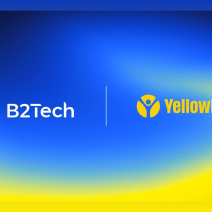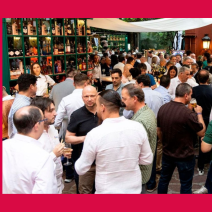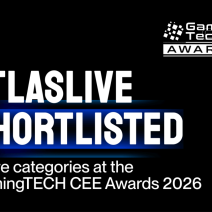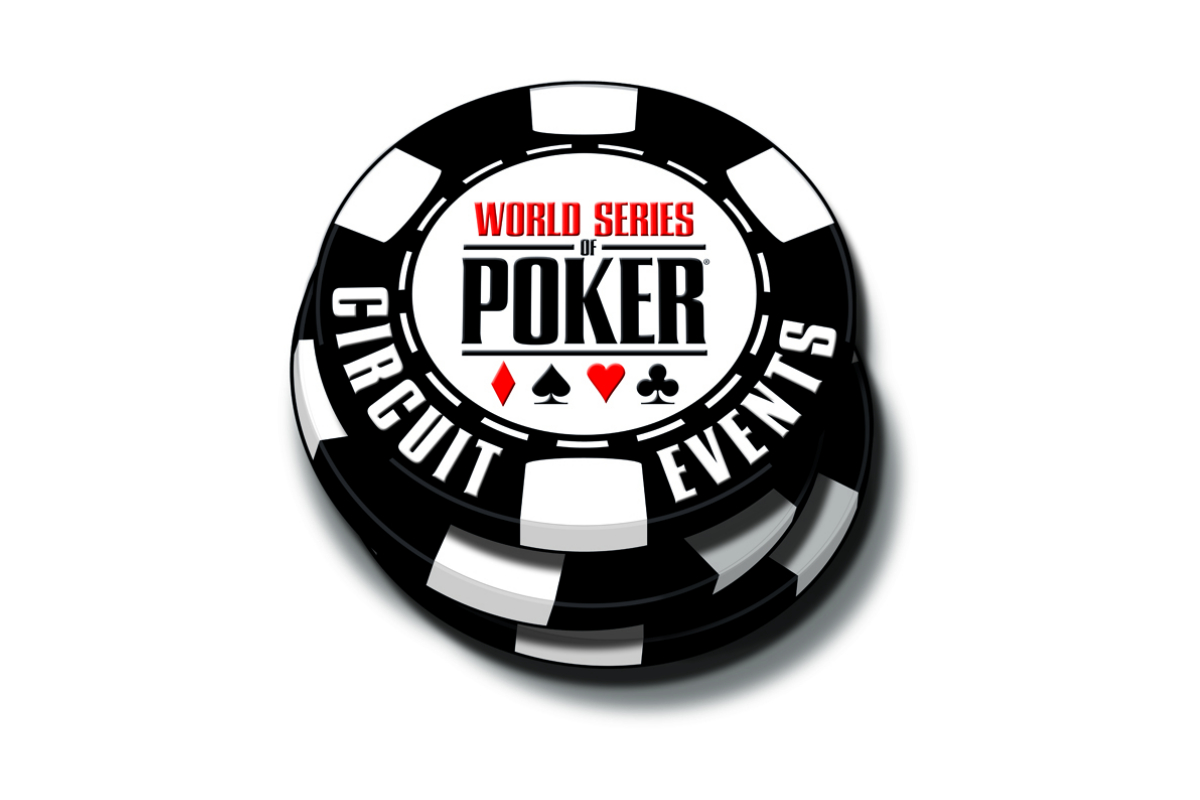
NZ Challenging For Hemisphere Dominance
Regardless of the industry being discussed, there’s always going to be an emerging market to talk about. South America has been playing this role in gambling circles since the growth of the Colombian market post-2016. Costa Rica, Chile, and The Dominican Republic, among others, have their gambling sectors too, albeit in different phases of construction. There’s a feeling that this area is still a long way off global dominance though.
Colombia reportedly boasted gaming revenue of $300m in 2021. This marks it out as one of the three biggest contributors to South American gambling, alongside Mexico and, based on what happens over the coming months, Brazil. As a whole, the continent looks like it could post a growth rate of 18.4% to 2028 – but how does it compare to its distant compatriots in the Southern Hemisphere, namely, New Zealand?
Pokie Machines
New Zealand has a surprising amount in common with the rest of the world, as far as games are concerned, proving that the appetite for slots and blackjack (etc.) is roughly consistent around the world. In 2020, the average spend on wagering hit a record level of $252m per quarter. This included gambling types, including casino games, lottery games, and what Antipodean gamblers refer to as “the TAB” and “pokies”, i.e. betting shops and slots.
There were reportedly nearly 15,000 pokie machines in New Zealand at the turn of the decade. In comparison, Colombia has an estimated 65,000. This does make sense given the vast difference in population between these two nations (51m to NZ’s 5m) but it still means that New Zealand has a higher proportion of slot machines per person, around 0.003 to 0.001 in Colombia.
Using these figures, it’s actually possible to see just how Kiwi players like to spend their gaming money. NZ’s Department of Internal Affairs claimed that when averaged out across every New Zealander, 2020’s figures were the equivalent of every adult spending $572 on betting. Broken down even further, that’s $128 at physical casinos, $80 at betting stores, $160 on lottery games, and $204 on slots.
The distinction between slots and casino games is likely because pokies are more likely to be found and played at locations other than a brick-and-mortar casino in New Zealand, like a bar. So, the $128 spent at casinos is likely representative of table game spend. As for lotteries, the industry actually saw a 13% increase in popularity during 2020, reinforcing the fact that it’s one of New Zealand’s favorite pastimes.
Charitable Grants
Closer to the present, figures from 2022 suggest that online gambling in NZ is now a $332m industry. All these numbers raise an interesting question, specifically, why is New Zealand such an attractive place to gamble? Approximately 80% of Kiwis are involved in gambling of some description according to the Department of Internal Affairs.
 One obvious answer to the previous is tax. The NZ BonusFinder website notes that New Zealand makes a distinction between playing professionally and playing just for fun. Anybody who falls into the latter bracket is not taxed on their winnings at all, “no matter how big”. Professionals are treated just like regular workers, however, which means that they are liable for income tax payments.
One obvious answer to the previous is tax. The NZ BonusFinder website notes that New Zealand makes a distinction between playing professionally and playing just for fun. Anybody who falls into the latter bracket is not taxed on their winnings at all, “no matter how big”. Professionals are treated just like regular workers, however, which means that they are liable for income tax payments.
Oddly enough, a large amount of gaming cash – around $300m – is redistributed into the community each year through charitable grants, a process that the Gaming Machine Association has previously described as an “enormous advantage to New Zealand”. It’s perhaps this kind of positive attitude toward gambling and casino gaming that has made it almost a universal hobby in the country.
Overall, the average Kiwi gamer is likely to prefer lotteries over table games but a soft spot for pokies keeps the gambling economy ticking over.










